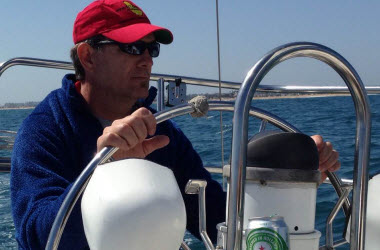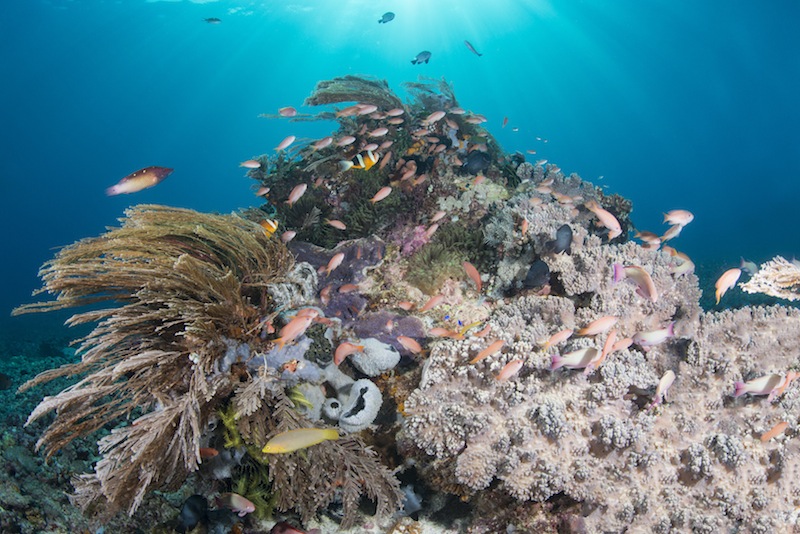April 05, 2016
Like many people, my fascination for the ocean began on vacation. Born and raised in Colorado, vacations almost always entailed going to the beach. Whether it was snorkeling in the Bahamas, swimming with sea turtles in Maui, or watching the Shamu show at SeaWorld, every time we visited the coast, I became increasingly captivated by the ocean and the organisms it housed. Since I was about six or seven years old, I’ve had a gut feeling that Marine Biology is something I should pursue. So, when it came time to enroll in classes at the University of Colorado at Boulder, I chose Evolutionary Biology and Ecology as my major, solely because Marine Sciences weren’t offered and I saw it as the next best thing.
Although my major did not have the marine focus offered at some coastal universities, I am glad that I chose it because it allowed me to learn about many different ecosystems and compare and contrast them. I became even more fascinated by the ocean when I understood it through an ecological perspective, as an ecosystem itself and as a part of the Earth’s ecosystem. When comparing the ocean to the Amazon Rainforest or Yellowstone National Park, one begins to see its magnificence. For example, how the tiny photosynthetic organisms in the ocean are responsible for a large portion of the air we breathe. With its size and long-reaching currents, oceanic-atmospheric interactions have a larger impact on climate compared to other ecosystems.
I also gained a special appreciation for the ocean when I saw it through an evolutionary lens, seeing that oceanic organisms can also provide us with insight on the evolution of organisms on land. Throughout college, I was bombarded with evolutionary theories, some proposing that hydrothermal vents in the ocean as the location of the origin of life, as well as phylogenies showing that terrestrial organisms evolved from fish and other sea creatures. As a habitat that was suitable for early evolution, the ocean houses many basal species that can provide us with evolutionary insight on the development of certain traits in land organisms. The ocean’s long history of supporting life also makes it an extremely diverse environment where new species are waiting to be discovered. Whose discoveries can also yield evolutionary information that may be useful to our current web of knowledge.
With all this in mind, I want to emphasize that while tourist attractions may have sparked my interest in pursuing Marine Science, it was actually an understanding of the fundamentals of biology that truly made me passionate about becoming a Marine Biologist. After gaining an appreciation for the principles of ecology and evolution, the ocean amazes me than more so than any other habitat, simply because of its immense, global influence and the infinite diversity of life found within it. I believe those two reasons embody the importance of our generation engaging in topics such as oceanic conservation and marine biology, even when you’re land-locked.



